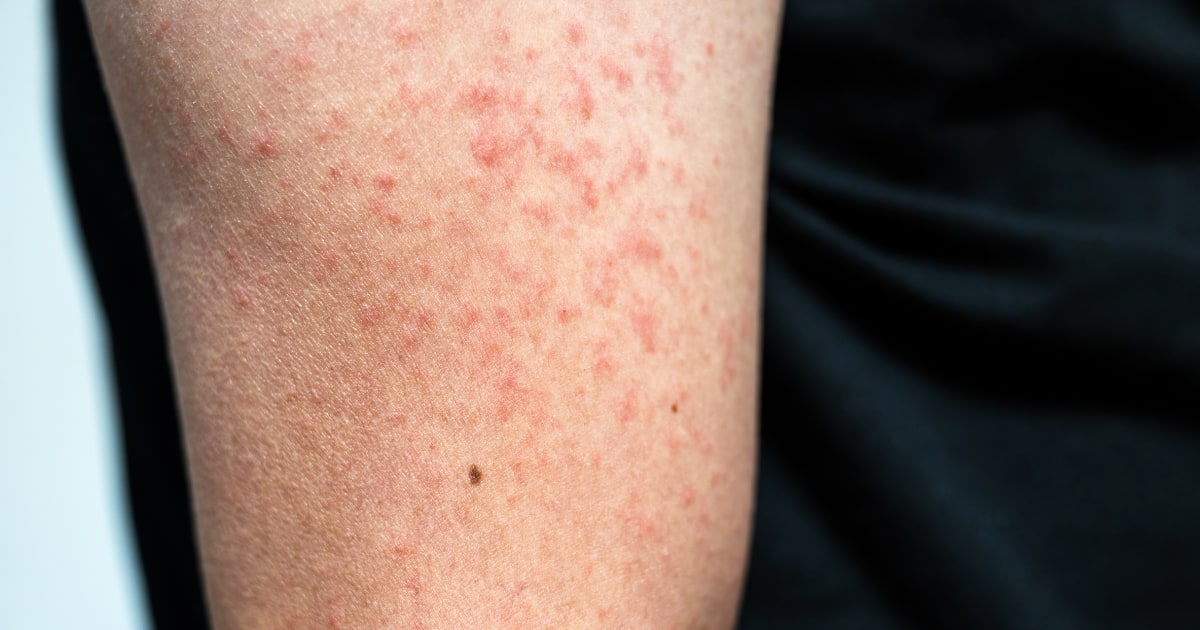Travel
U.S. reissues ‘do not travel’ warning for popular South American destination

U.S. travel officials are telling Americans to avoid traveling to a popular South American vacation destination.
The U.S. Department of State reissued a “Level 4: Do Not Travel” advisory, the highest classification of travel warnings, for Venezuela due to “crime, civil unrest, kidnapping, and the arbitrary enforcement of local laws.”
Wrongful detentions, terrorism, and poor health infrastructure are also reasons to avoid Venezuela, officials said. The notice is the latest move by the U.S., which withdrew all diplomatic personnel from U.S. Embassy Caracas and suspended operations in March 2019.
“All consular services, routine and emergency, remain suspended until further notice. The U.S. government has no ability to provide emergency services to U.S. citizens in Venezuela,” the travel advisory said. “U.S. citizens in Venezuela who require consular assistance should try to leave the country as soon as safely possible to do so and should contact a U.S. embassy or consulate in another country.”
Venezuela has been in turmoil with random demonstrations and political rallies against Venezuelan President Nicolás Maduro happening without notice.
Maduro is seeking a third term in office in the country’s July elections, but he hasn’t been popular with many. Under Maduro’s tenure as president, millions of people have fallen into poverty and more than 7.7 million others have tried to flee the country, according to The Associated Press.
Anti-Maduro demonstrations have elicited a strong police and security force response, including the use of tear gas, pepper spray, and rubber bullets against participants, and occasionally devolve into looting and vandalism, officials said.
Shortages of gasoline, electricity, water, medicine, and medical supplies continue throughout much of Venezuela, U.S. officials said.
Additionally, Colombian terrorist groups operate in Venezuela’s border areas with Colombia, Brazil, and Guyana.
If you must travel to Venezuela:
- Avoid all land border crossings into Venezuela on the Colombian border.
- Ensure you have a valid Venezuelan visa. Visas are not available upon arrival.
- Be prepared for the high risk of indefinite detention without consular access.
- Draft a will and designate appropriate insurance beneficiaries and/or power of attorney.
- Develop a communication plan with family and/or your employer or host organization. Establish a “proof of life” protocol with your loved ones, so that if you are taken hostage, your loved ones know specific questions (and answers) to ask the hostage-takers to be sure that you are alive (and to rule out a hoax).
- Have a contingency plan in place that does not rely on U.S. government assistance.
- Keep travel documents up to date and easily accessible.
- Avoid travel between cities, or between Simón Bolívar International Airport and Caracas at night.
- Do not take unregulated taxis from the Maiquetia “Simón Bolívar” International Airport and avoid ATMs in this area.
- Consider hiring a professional security organization.
- Bring a sufficient supply of over the counter and prescription medicines for the duration of travel.
- Consider purchasing medical evacuation insurance.










